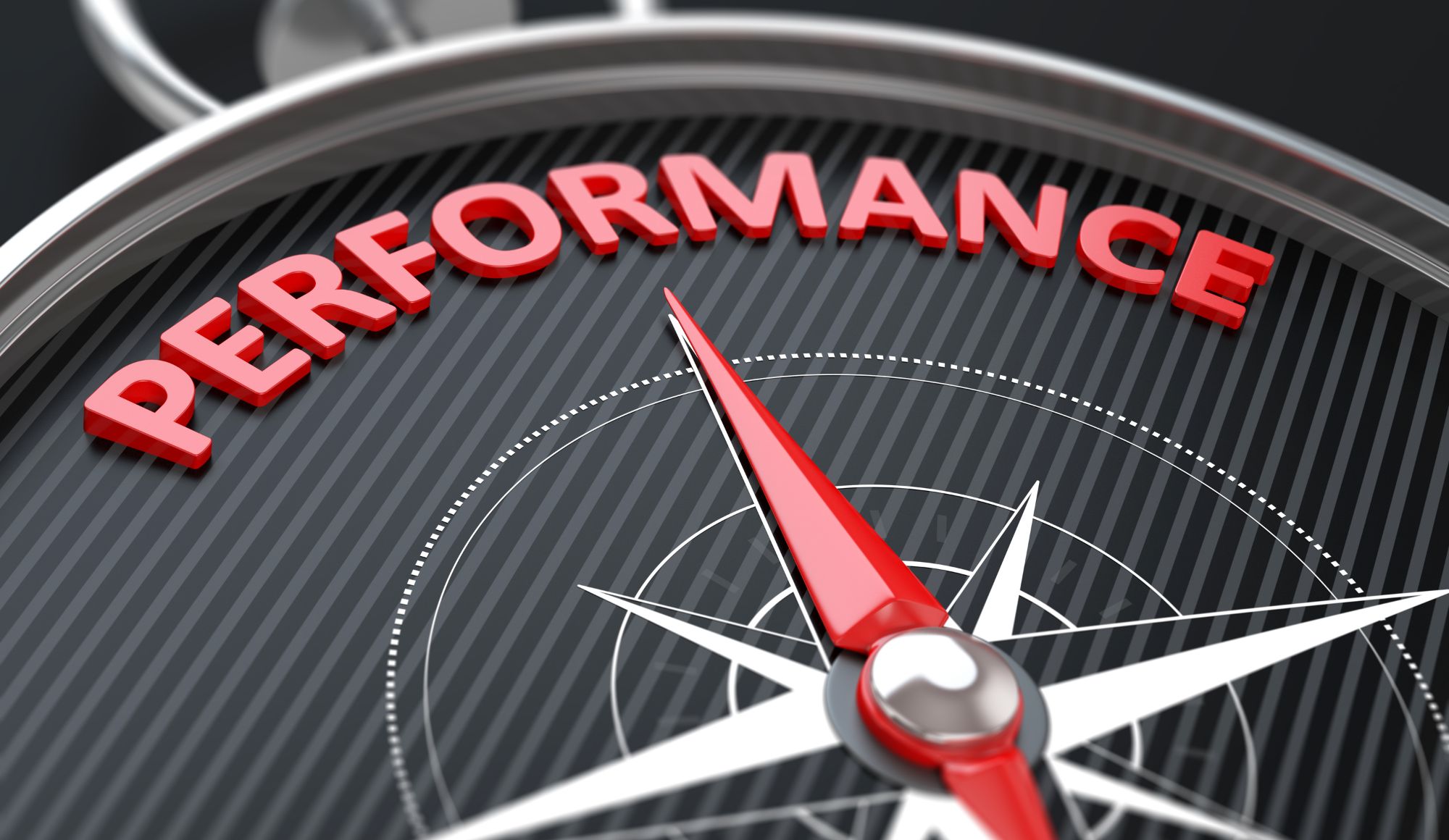Market Commentary: If I Had To Buy 1 Stock This Would Be It
We were put on the spot recently when a colleague asked “if you had to buy just one stock what would it be?”
Our philosophy is that it’s important to spread risk across a basket of stocks, often a group of 30 or so makes sense.
No matter how confident you are in a single position, it’s risky to put all your eggs in one basket. But what if a gun were pointed to your head and you had to pick one, which would you choose?
That’s the question I had to answer, and I didn’t have to scratch my head too hard to find the answer: Berkshire Hathaway.
Key Points
- Over the past half century, Berkshire has averaged gains of 19.8% annually versus a little under 10% for the S&P 500.
- Berkshire is like an ETF, but without the associated expense ratio.
- Buffett’s firm is not pigeon-holed to a thesis of rapid growth or ESG compliance, which gives Buffett the flexibility to act quickly during times of extreme market stress when opportunities arise.
Proven Track Record
If it ain’t broke, don’t fix it, the old saying goes. And when it comes to Berkshire Hathaway that saying is apt. Berkshire has a proven track record, and has beaten the stock market by a factor of two, on average, annually over the past half century or so. It has averaged gains of 19.8% annually versus a little under 10% for the S&P 500.
An extra 10% a year may not seem like a lot but the compounded effects lead to an enormous divergence. If we invest $1,000 and earn 10% each year for 50 years, we end up with about $30,258 whereas the same calculation with annual gains of 20% results in a sum of $672,749, a half million dollars more.
Admittedly, the Law of Large Numbers will work against Berkshire Hathaway in the future. Buffett himself has stated that it’s virtually impossible to compound at 20% a year when deploying at scale. Still, he clearly has not lost his touch. When the markets fell by approximately 20% in 2022, Berkshire squeezed out a small gain.
Zero Fee ETF Equivalent
The reasons investors buy exchange-traded funds is that they offer diversification. In short, they accept what Buffett has described as the paradox of dumb money. By this he means that when so-called “dumb money” recognizes it’s dumb, and buys a diversified ETF like the S&P 500, it paradoxically becomes smart money. This is because most investors don’t actually beat the “average” of the S&P 500.
Where Berkshire shines even brighter than an ETF is that it’s a corporate umbrella for a diverse group of holdings without an associated expense ratio that is intrinsic to exchange-traded funds.
You simply invest alongside Buffett with all his expertise steering the ship and gain exposure to a curated selection of wide moat companies without paying him a penny, what a deal.
Boom or Bust, Who Cares?
At a time when inflation is on the rise, interest rates have spiked and the future is perilously uncertain, Berkshire is a stalwart company that is positioned to withstand economic headwinds. It’s not pigeon-holed to a thesis of rapid growth, such as Cathie Wood’s ARK Invest, which has experienced turbulent price swings.
Neither is it constrained by a thematic dogma of exposure only to ESG compliant companies. Buffett has the flexibility to act quickly when opportunities present themselves. That’s why he can be the savior when, for example, Bank of America and Goldman Sachs hit the rocks in 2008-09.
At such times of extreme stress, Buffett can land deals that are simply unavailable to the ordinary investor. But by aligning your capital with his, you too get access to these special situations.



